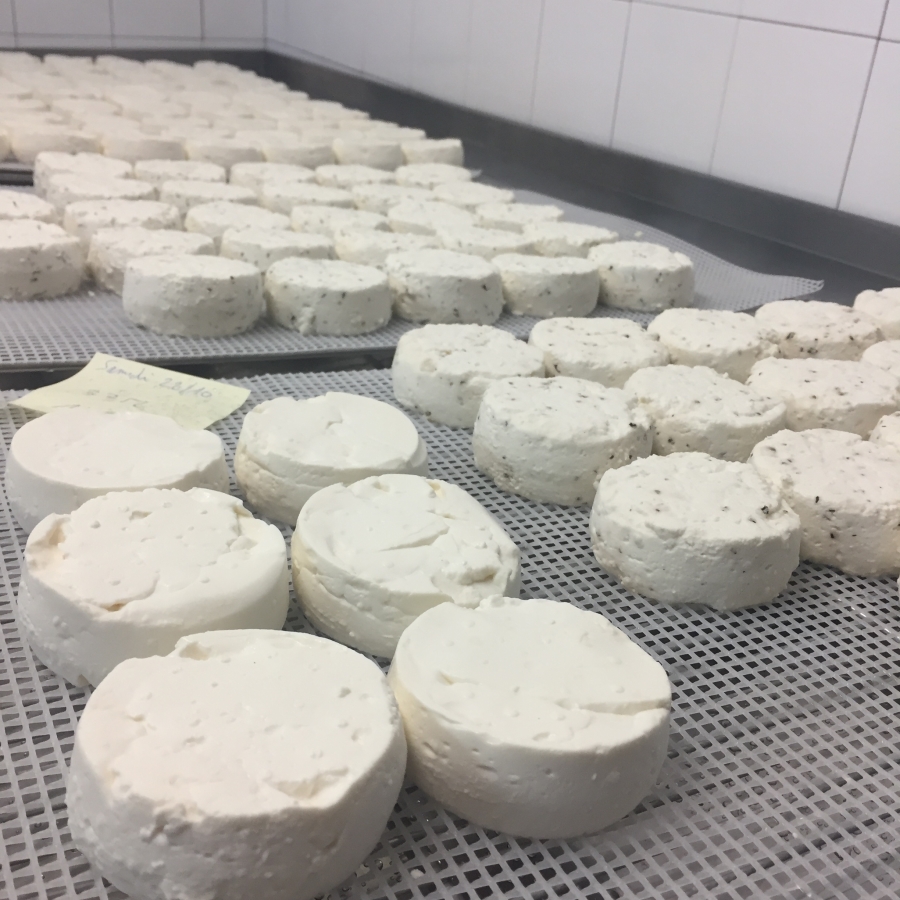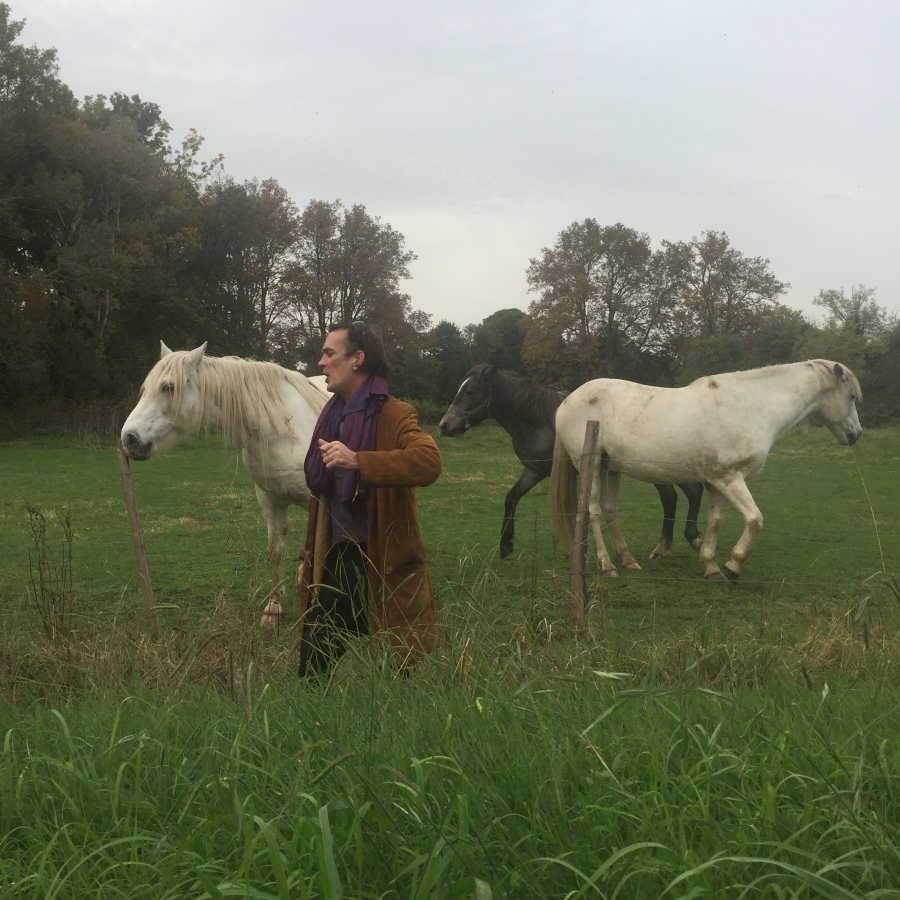It can be said that Jean Anthelme Brillat Savarin’s two quotes “The discovery of a new dish does more for the happiness of mankind than the discovery of a star” and “Tell me what you eat, and I will tell you what you are” succinctly sum up many of France’s ideals regarding gastronomy and cuisine. Within the french identity food remains intrinsic to cultural values and traditions,

Photo by: Chloé Landrieu Murphy
recipes of grandmothers are treated with the respect expected to be given to the grandmothers themselves. Recently while speaking to my aunt she claimed within the first 15 minutes speaking to any french person food is bound to come up at least once.
France is the world’s second largest exporter of agricultural products — and Europe’s largest, with that fact have come urges to industrialize and mechanize agricultural industries. Recently while speaking to my grandmother’s poulterer Mr. Chauvin in Apt (a small city in south-eastern France’s Vaucluse region) he recounted his life and legacy of continuing in his father and grandfather’s footsteps selling geese, chickens, turkeys, rabbit and terrines using the practices and respect taught to him by his predecessors. When speaking of the future of his operation his face dimmed, saying that regulations and corporations were likely to make it impossible for younger generations to keep his tradition alive and that when he passed it was likely to be the end of his families legacy.
In Provence the rhythm of life moves at its own rate. Following my grandmother around Apt it is impossible to walk more than a block and a half without someone approaching and exclaiming “Bonjour Madame Landrieu!” and going on to either give her news on their children, their own updates and wishing her the best. Every morning she visits the same bakery and buys her baguettes, stops in next door to buy my grandfather’s newspaper, then often to the fruit stand on the way out to assure the family gets our fix at all meals. With the rhythm that exists in the region comes intimacy and familiarity, knowing who makes your bread is almost as important as the bread itself. One of my grandmother’s frequent stops at Apt’s Saturday morning market (one of provence’s largest outdoor markets that has wound through the cities streets weekly since the 16th century) is at Marianne’s stand who runs La Cabriole Fromagerie , Marianne raises goats in the hills above the city and invites locals to buy her cheeses at her farm when not at one of the regions weekly markets.
Next to the goat cheese operation is Jean-Luc Danneyrolle’s Le Potager D’un Curieux, a collective garden specializing in biodiversity and the maintenance of the variety and color that exist naturally in agriculture and the selling of seeds that are more or less illegal. Danneyrolle also fights for the right to produce seeds and works actively against corporation’s omnipresent place in agriculture and its detrimental nature to artisans and small farming operations.
Recently while dining in Camargues at Les Salicornes I was told by Vaucluse native, chef, history buff, writer and sociologist Jean-Sebastian

Photo by: Chloé Landrieu Murphy
that Provençal cuisine was not recipes, but a state of mind. The regions relationship with food is one founded on love, nostalgia and respect for tradition. But beyond the respect of tradition comes respect of the animals and living entities growing and existing on the soil within it. Here food is more than sustenance, it is a way of life. As Brillat-Savarin said “The fate of a nation depends on the way that they eat”.